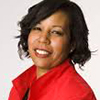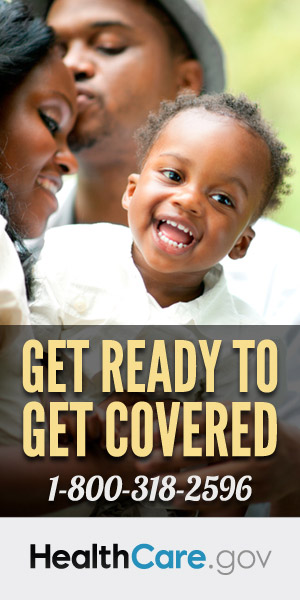The dust is still settling on the 2014 midterm election, and we are months away from knowing what kind of leadership and policies our newly elected officials will bring to city halls, state legislatures, and Capitol Hill once they take office. What is clear is that November served up strong doses of encouraging and sobering news about the current status of Black elected officials.
On the positive side, more African Americans were on the ballot in federal and statewide races this past November than at any other time in history. In all, more than 100 Black candidates campaigned for these elected positions. Twenty-five African Americans—10 of them women—sought statewide office in 2014, compared to 17 in 2002, which held the previous record for Black candidates seeking statewide office in a general election.
Despite this larger pool of candidates, African Americans failed to grow their statewide political representation this past election season, and Black women candidates in particular did not fare well. Only two of the 12 women running for statewide offices won their races, and they were both incumbents.
These race outcomes highlight just how much work needs to be done if African American voters—particularly women—are ever going to achieve representation that is comparable to their population figures and, more importantly, have a broad contingent of leaders who are committed to championing their concerns. According to "The Status of Black Women in American Politics," a recent report from Higher Heights, African Americans make up nearly 13% of the U.S. population, but account for less than 3% of statewide elected officials across the country. Black women account for just over 0.5%.
The representation deficit is not confined to statewide offices. In state legislatures across the country, African-American representation is lacking as well, and Black women in particular are conspicuously missing from the ranks of statehouse leadership. Currently, there are no Black women among the 17 women helming state legislative chambers as either Senate President or Speaker of the House.
This dynamic has to change if we want to move the needle on the issues most affecting Black families and low-income communities. Helping more Black women candidates make successful bids for state elected offices is a good place to start. Once elected to office, Black women have historically championed the interests of these communities, supporting progressive agendas around issues like education, health care, and economic development.
The aftermath of the 2014 election provides a clear vantage point for assessing our challenges and crafting a strategy for helping more Black women enter state legislatures and statewide elected offices. It is evident that Black women candidates face distinct challenges that often hinder their success. Research shows, for example, that they are more likely to be discouraged from running for office than their Black male or White female counterparts. When running and serving, they also navigate intersected race and gender stereotypes that unfairly cast a damaging light on their political images and often draw attention away from the work they are focused on accomplishing. Fundraising is also a large hurdle for many Black female candidates because they tend to represent less affluent districts and are less likely to be part of moneyed networks than are other candidates.
Building a national network aimed at supporting existing Black women candidates and identifying potential newcomers is one of the most effective steps that organizations like the National Black Caucus of State Legislators and Higher Heights—the group that we co-founded to help increase the political representation of Black women—can take to reduce these hurdles. Among other supports, the network should provide women with opportunities for mentorship and participation in activities that put them on leadership tracks. Any effort must also help address the financial roadblocks that all too often prevent Black women from mounting successful campaigns.
To be certain, 2014 featured some bright spots for Black women candidates. All five of the women who were expected to win their races for open U.S. House seats were successful. Two of the candidates previously held state-elected positions and two others were elected city officials. A significant part of their campaign success was undoubtedly their ability to highlight their records and garner support from their constituents. Their moves to higher office underscore the critical stepping stone that local and state legislative offices play in growing Black political representation on the national stage.
Black women accounted for much of the increase in this year’s group of African-American political candidates. Whether this increase was simply a blip on the political screen or a burgeoning trend will likely be determined by how well they are supported in future bids for office.About Higher Heights
Higher Heights is building a national infrastructure to harness Black women’s political power and leadership potential. Headquartered in New York, NY, Higher Heights for America, a national 501(c)(4) organization and its sister organization Higher Heights Leadership Fund, organized and operated as a 501(c)(3), is investing in a long-term strategy to analyze, expand and support a Black women’s leadership pipeline at all levels and strengthen their civic participation beyond just Election Day. The organization is located at 147 Prince Street, Suite 7, Brooklyn, NY 11201 (p: 646-494-9620). Follow them on Twitter @HigherHeights4.











